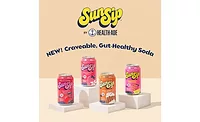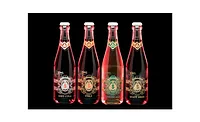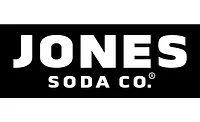Judge rejects New York City ban on large-size sodas
Mayor Michael Bloomberg’s ban on soft drinks larger than 16 ounces in size was overturned by a New York state judge on Monday, according to a March 11 USA Today article. The ban was originally scheduled to take effect today.
According to the article, New York Supreme Court Judge Milton Tingling ruled that the city health board did not have the authority to limit or ban a legal item under the guise of “controlling a chronic disease.”
The American Beverage Association (ABA), Washington, D.C., issued a statement after the ruling, saying: “The court ruling provides a sigh of relief to New Yorkers and thousands of small businesses in New York City that would have been harmed by this arbitrary and unpopular ban. With this ruling behind us, we look forward to collaborating with city leaders on solutions that will have a meaningful and lasting impact on the people of New York City.”
Likewise, Dawn Sweeney, president and chief executive officer of the National Restaurant Association (NRA), Washington, D.C., said in a statement: “This is a great victory, particularly for thousands of restaurant operators and industry suppliers serving New York City who would have experienced financial hardships had the ban been enacted. We are extremely pleased that the judge recognized that the Board of Health exceeded its authority when it initially passed the ban.
“We look forward to working with public health officials to engage in a constructive dialogue that will have a positive and sustained impact on the people of New York City,” Sweeney continued.
The ban would have prohibited restaurants, delis, stadiums and arenas, concession stands and food carts — but not grocery or convenience stores — from selling sugar-sweetened beverages in containers larger than 16 ounces, the NRA added. Banned beverages would have included soda, sweetened iced tea, some smoothies, coffee drinks and lemonade, it said.
The proposed ban applied to beverages with more than 25 calories in each 8-ounce serving; it did not include 100-percent juices or beverages with more than 50 percent milk, the USA Today article specified.
Looking for a reprint of this article?
From high-res PDFs to custom plaques, order your copy today!





